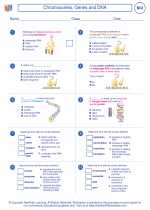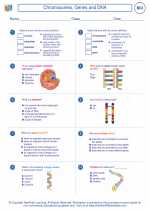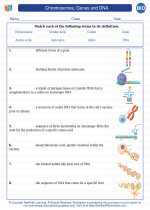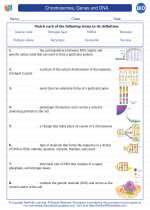CRISPR-Cas9
CRISPR-Cas9 is a revolutionary gene editing technology that allows scientists to make precise changes to an organism's DNA. CRISPR stands for "Clustered Regularly Interspaced Short Palindromic Repeats" and Cas9 is a protein that acts as a molecular scissors. The CRISPR-Cas9 system is derived from the natural defense mechanisms of bacteria and archaea against viruses and other foreign genetic material.
Mechanism of Action
The CRISPR-Cas9 system works by using a small piece of RNA to guide the Cas9 protein to a specific location in the genome. The RNA molecule is designed to match the target DNA sequence, and when the Cas9 protein finds the matching sequence, it makes a precise cut in the DNA. This cut can be used to disable a specific gene, repair a faulty gene, or introduce a new gene into the genome.
Applications
CRISPR-Cas9 has a wide range of potential applications in various fields including medicine, agriculture, and biotechnology. Some of the key applications include gene therapy for treating genetic disorders, creating genetically modified organisms with desirable traits, and studying the function of specific genes in various organisms.
Ethical Considerations
While CRISPR-Cas9 holds great promise, it also raises ethical concerns regarding the potential misuse of the technology, unintended off-target effects, and the creation of heritable genetic changes. The ethical implications of using CRISPR-Cas9 in humans and other organisms are the subject of ongoing debate and regulation.
Study Guide
- What does CRISPR stand for?
- Explain the mechanism of action of CRISPR-Cas9.
- What are the potential applications of CRISPR-Cas9?
- Discuss the ethical considerations associated with CRISPR-Cas9.
- Compare CRISPR-Cas9 with other gene editing technologies.
For further understanding, it is recommended to explore research papers, scientific articles, and case studies related to CRISPR-Cas9.
.◂Biology Worksheets and Study Guides High School. Chromosomes, Genes and DNA

 Worksheet/Answer key
Worksheet/Answer key
 Worksheet/Answer key
Worksheet/Answer key
 Vocabulary/Answer key
Vocabulary/Answer key
 Vocabulary/Answer key
Vocabulary/Answer key
 Vocabulary/Answer key
Vocabulary/Answer key
